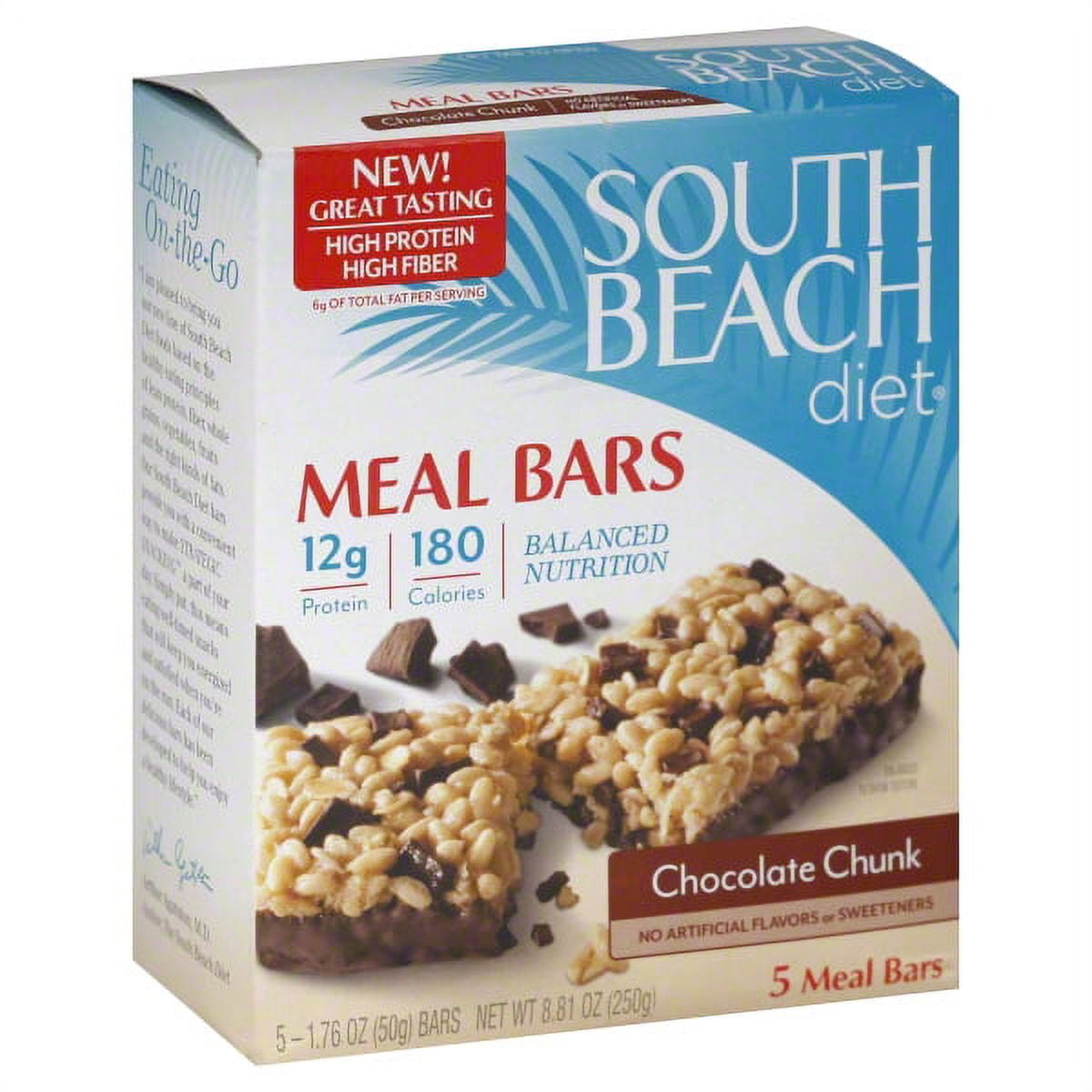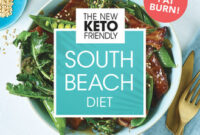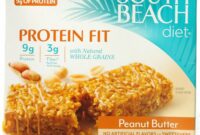South Beach Diet bars discontinued—a surprising move that left many consumers wondering what happened. The abrupt removal of these popular weight-management snacks sparked considerable discussion, prompting questions about the reasons behind the decision, the impact on consumers, and the future direction of the South Beach Diet brand itself. This analysis explores the various facets of this discontinuation, examining the business rationale, consumer reaction, and the implications for the broader weight-loss market.
This examination delves into potential contributing factors, including production costs, market competition, and internal company strategies. We’ll also explore consumer feedback, analyzing sentiment and identifying common concerns. Finally, we will assess the long-term effects on the South Beach Diet brand and the weight-loss snack market as a whole, including potential alternative products and emerging trends.
Reasons for Discontinuation
The discontinuation of South Beach Diet bars, while not publicly explained by the company, can likely be attributed to a confluence of factors related to market performance, production costs, and internal business strategies. Analyzing these elements provides a clearer picture of the potential reasons behind this decision.
Production Costs and Profitability
The food industry is notoriously sensitive to fluctuations in raw material costs and overall production expenses. Increases in the cost of ingredients, particularly those associated with specialized dietary needs (like low-carb, high-protein formulations), could have significantly impacted the profitability of the South Beach Diet bars. If the retail price could not be adjusted to offset these rising costs, maintaining production might have become unsustainable. This is a common challenge for many food brands, especially those with niche product lines that rely on specific and potentially more expensive ingredients. For example, a significant price increase in specific proteins or specialty sweeteners could have easily tipped the balance from profit to loss.
Market Competition and Performance
The market for diet bars is highly competitive, with numerous established brands offering a wide array of products catering to various dietary needs and preferences. South Beach Diet bars faced competition from well-established brands with greater market share and broader distribution networks. If the South Beach Diet bars failed to gain sufficient market traction or experienced declining sales compared to competitors, discontinuation would be a logical business decision. Consider the example of a new diet bar entering a market dominated by established players like Quest Nutrition or RXBAR; capturing market share requires significant marketing investment and consistent product appeal. If sales figures did not justify the continued investment, discontinuation would be a likely outcome.
Internal Company Decisions
Internal factors within the South Beach Diet company itself could have also contributed to the decision. A strategic shift in the company’s overall product portfolio, a re-evaluation of resource allocation, or a decision to focus on more profitable product lines could have resulted in the discontinuation of the bars. For instance, the company might have decided to prioritize other product lines, such as their meal replacement shakes or other branded foods, which were performing better financially. This is a common practice for companies looking to streamline their operations and maximize returns. Furthermore, a change in leadership or a corporate restructuring could have also led to a reassessment of the product line and the subsequent decision to discontinue the less profitable bars.
Summary
The discontinuation of South Beach Diet bars highlights the dynamic nature of the weight-loss market and the challenges faced by even established brands. While the reasons behind the decision remain complex, the consumer response clearly underscores the importance of product loyalty and brand communication. The future success of the South Beach Diet brand will likely depend on its ability to adapt to changing consumer preferences and effectively introduce new products that meet the evolving needs of the market. The absence of these bars has created a void, presenting opportunities for competitors and potentially reshaping consumer choices within the weight-loss snack category.




